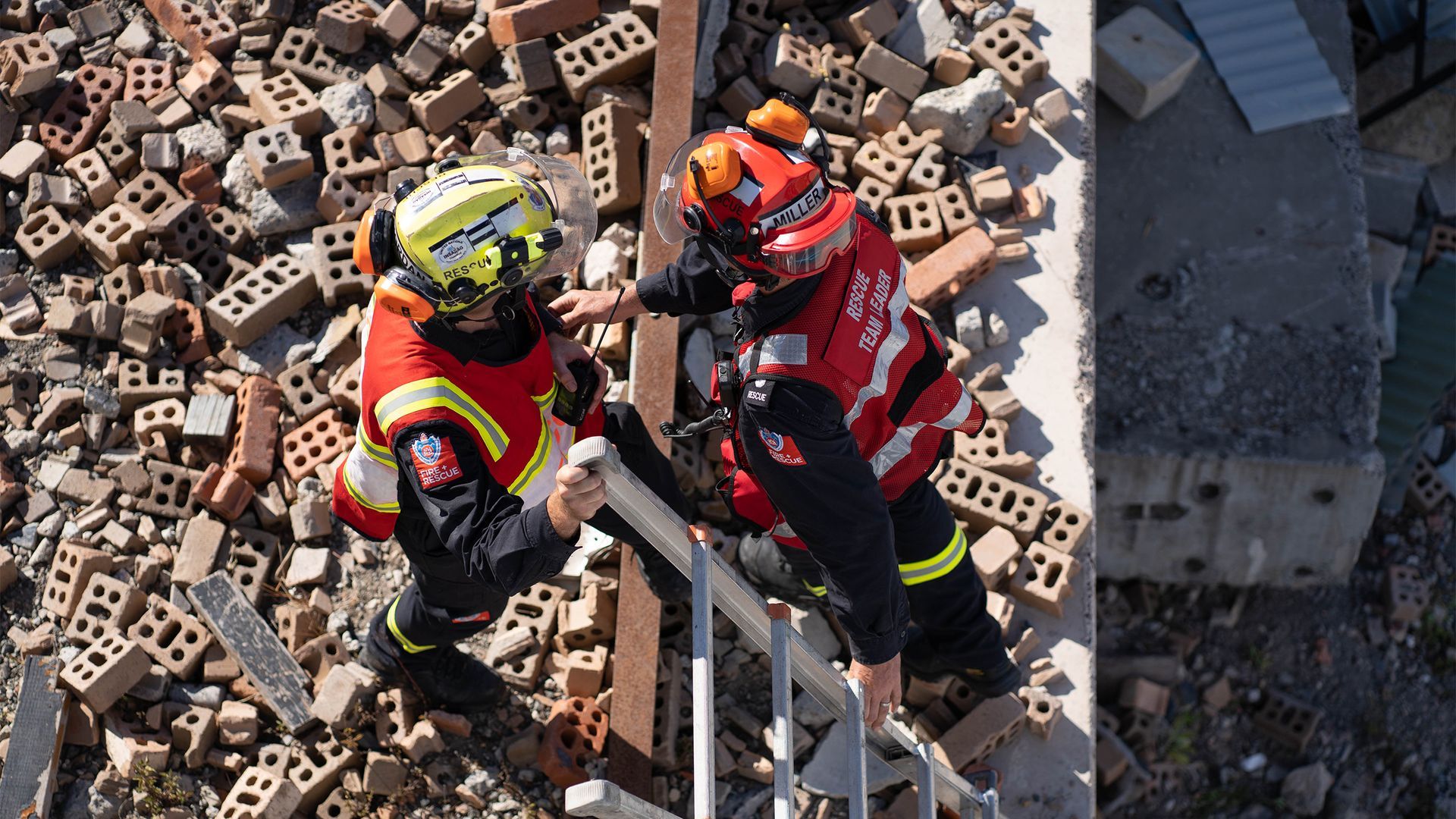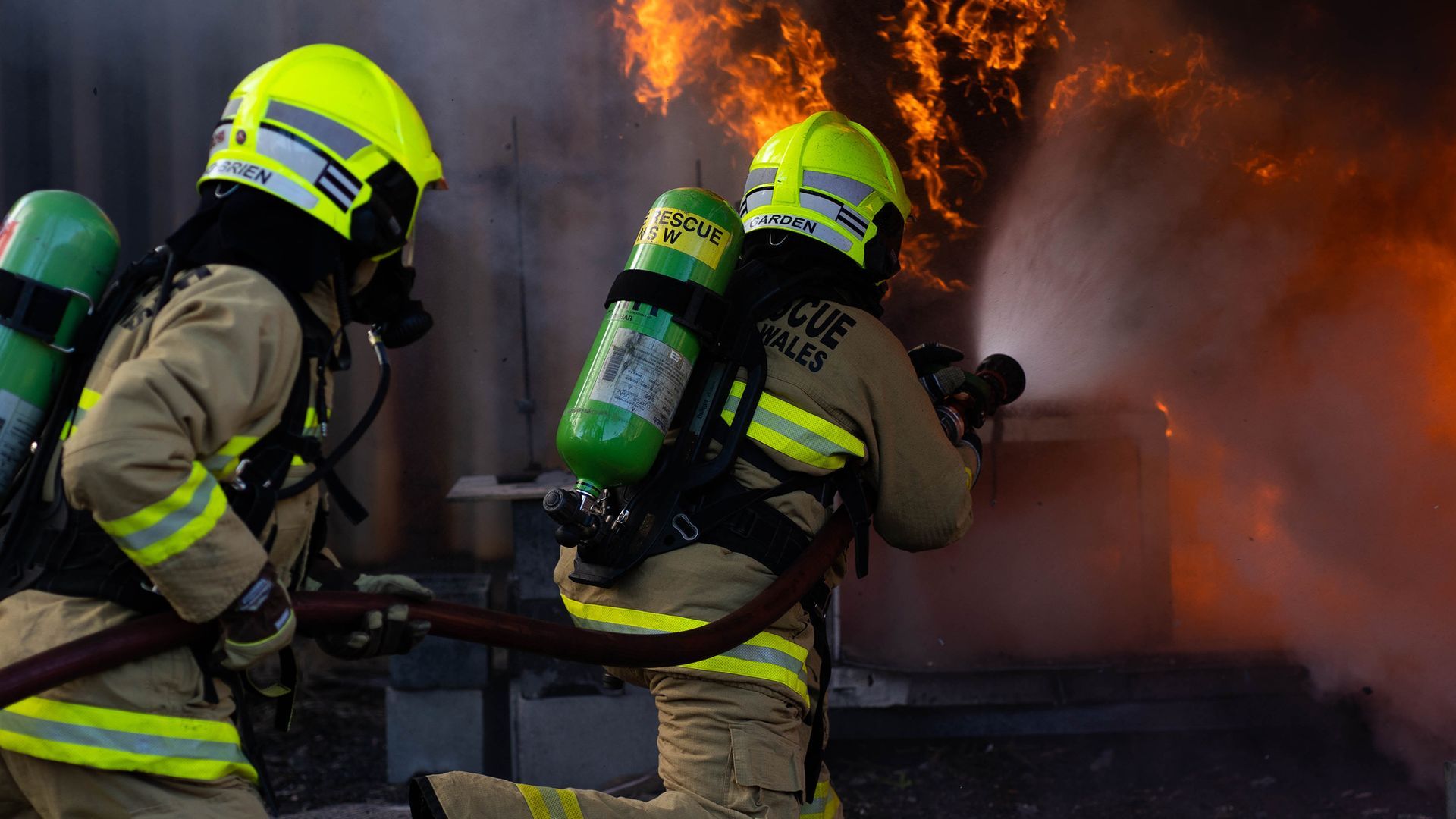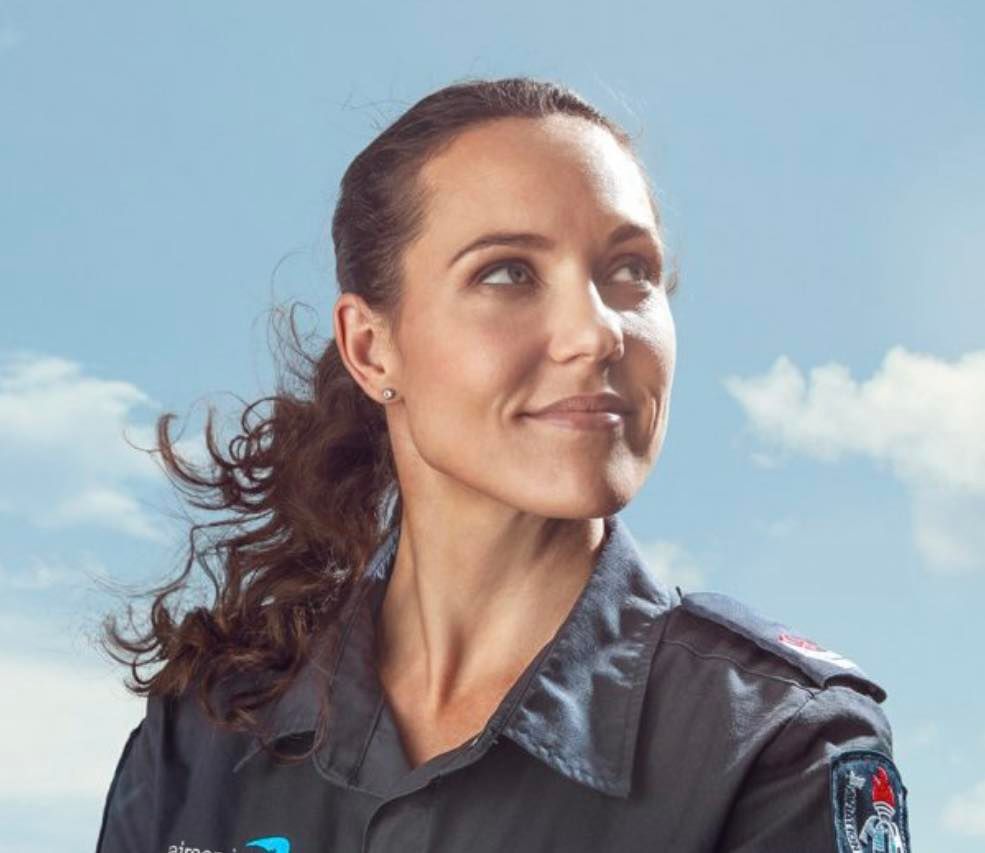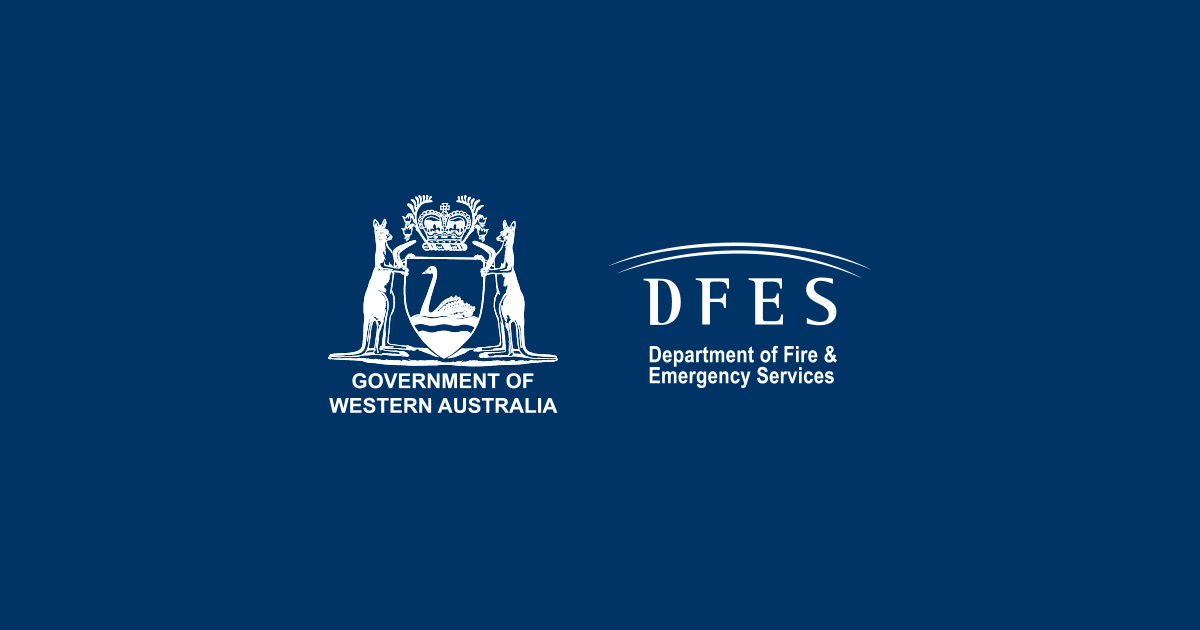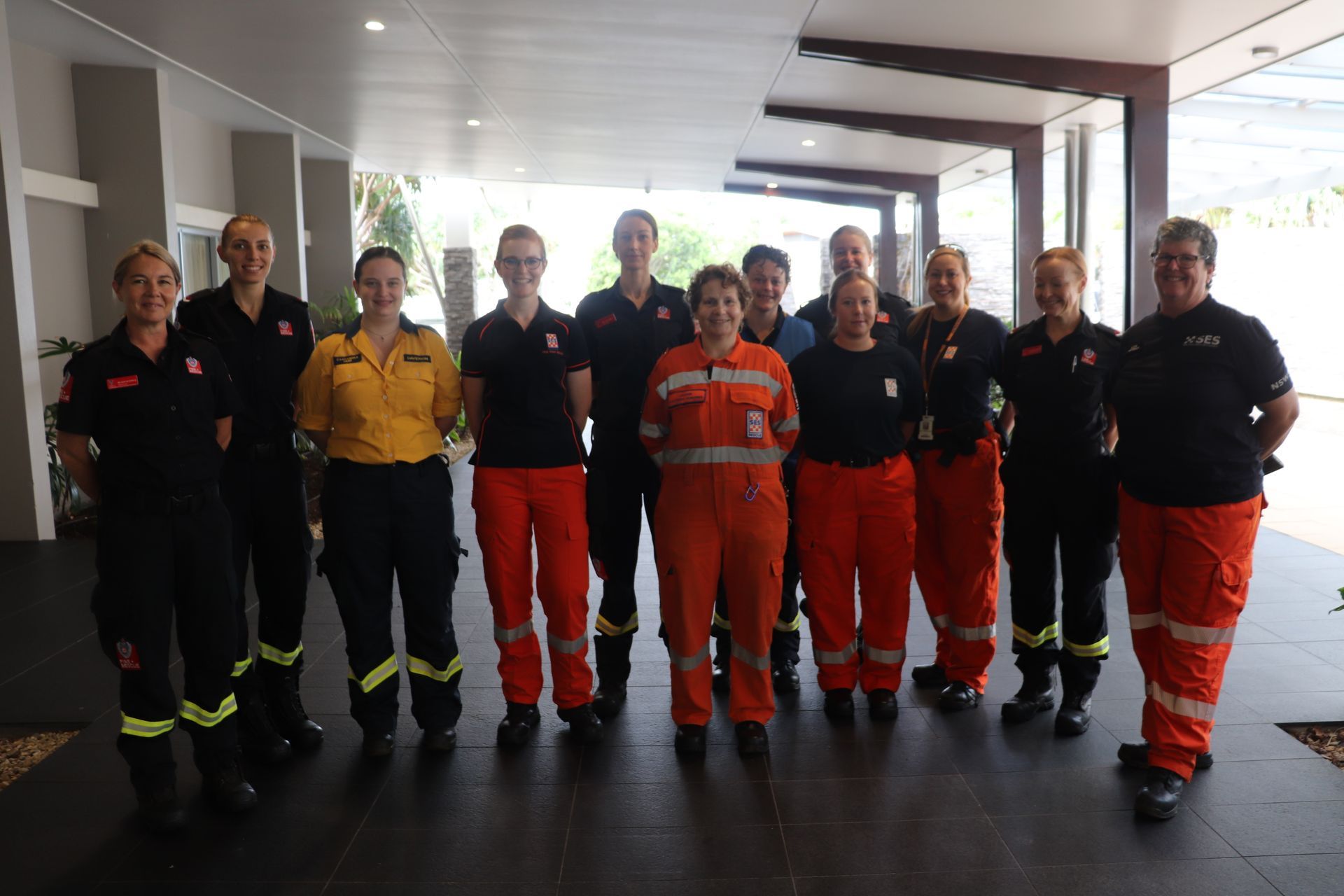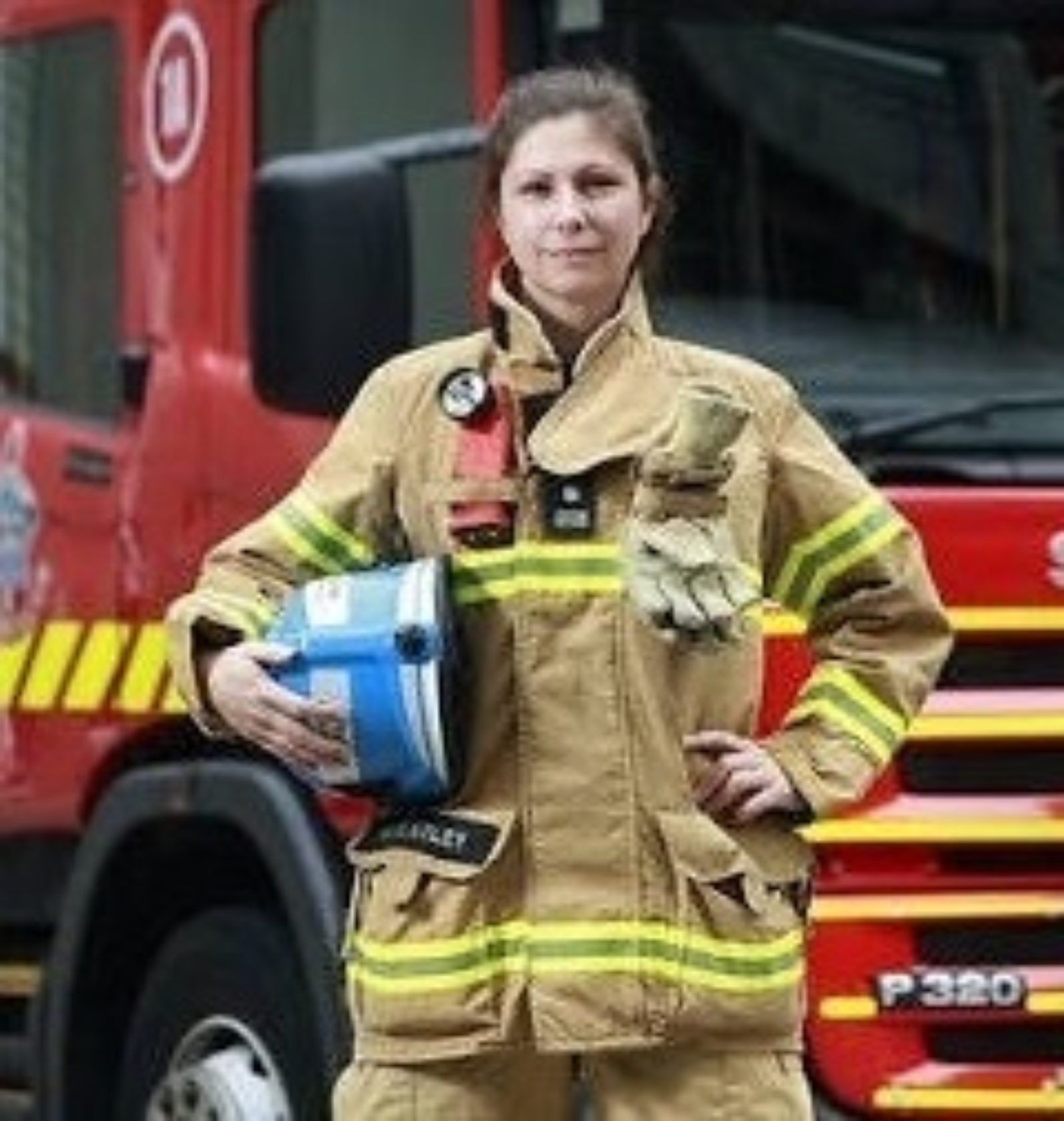Tips on Preparing for a Physical Aptitude Test for Firefighting Services

Emergency service professions such as firefighting, law enforcement, and paramedics require a high level of physical fitness and agility. Physical aptitude tests (PATs) are designed to evaluate your readiness to perform these demanding roles. Passing a PAT is a crucial step in firefighting recruitment, and as the saying goes, failing to plan is planning to fail. Give yourself the best possible chance, by starting your preparation well in advance.
Set realistic goals: Consider your current fitness level, and ensure you are setting achievable goals. There is no better preparation for a PAT than maintaining your strength, fitness and well-being long term as part of a balanced and healthy lifestyle. This is also a great indicator for maintaining your health and avoiding injury once you are in the job. Break down your goals into smaller milestones that you can track and measure, and give yourself enough time to build the strength and confidence you will need.
Know the test format: Avoid surprises by knowing what you're up against. Research the test format, the exercises involved, the equipment used, and the time, distance and weight requirements. Look up agencies’ websites and see if there are demonstration videos that can give you a visual guide.
Firefighting tests may include occupation specific tasks such as climbing ladders, dragging hoses, and carrying equipment, so practice these skills to improve your performance. Look for opportunities to participate in information days, and ask questions to ensure you have understood the requirements.
Create a training plan: Develop a training plan that is specific to the physical demands of the test, and gradually increase the intensity and duration of your workouts as you progress. Your training plan should include a mix of cardiovascular, strength, and endurance exercises. Remember: Consistency is key! Establish a routine you can stick to and commit to your training plan without excuses.
Practice proper technique: Proper technique is crucial in avoiding injury and maximising your performance. Ensure that you understand the correct form for each exercise and consider working with a trainer or coach to refine your technique and get feedback on your performance.
Rest and recover: Rest and recovery are just as important as exercise in achieving optimal performance. Allow your body time between workouts. Ensure you are including adequate sleep, hydration, and nutrition in the lead up, so your body is ready for the physical demands of the test.
Prepare mentally: Firefighting is a high-stress job, so it's important to prepare mentally as well as physically. Practice mindfulness or meditation techniques to help you stay calm under pressure. Visualize yourself succeeding in the test, focus on your strengths and abilities, and practice breathing and relaxation techniques to help manage nerves or anxiety.
In conclusion, preparing for a physical aptitude test for emergency services requires a combination of physical and mental preparation. Knowing the test format, setting realistic goals, creating a training plan, practicing proper technique, resting and recovering, and preparing mentally are all essential elements for success. With dedication, commitment, and the proper preparation, you can improve your chances of passing, and be on your way to your dream career in firefighting.
Author: Melinda McDonald JP, B.Bus, ICA (Fire and Rescue NSW)

